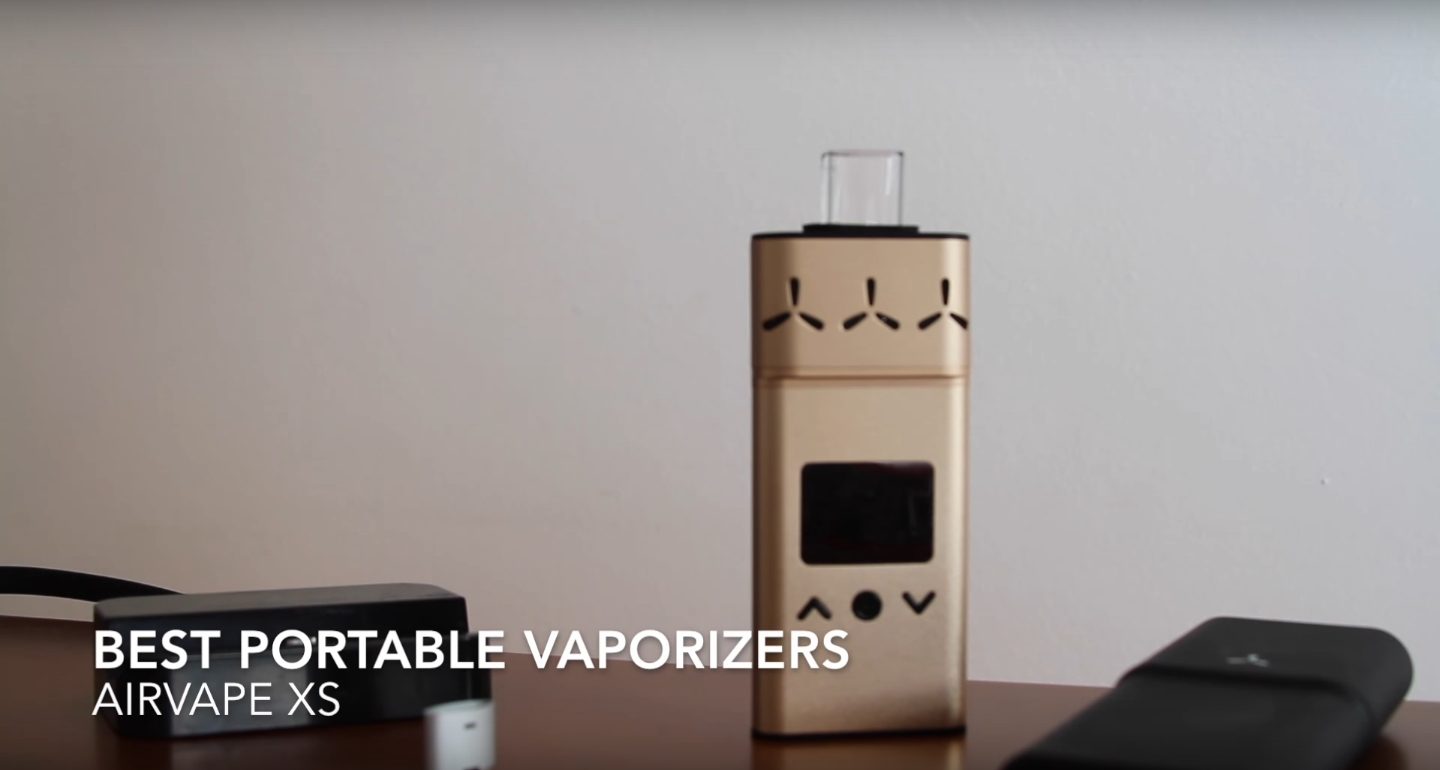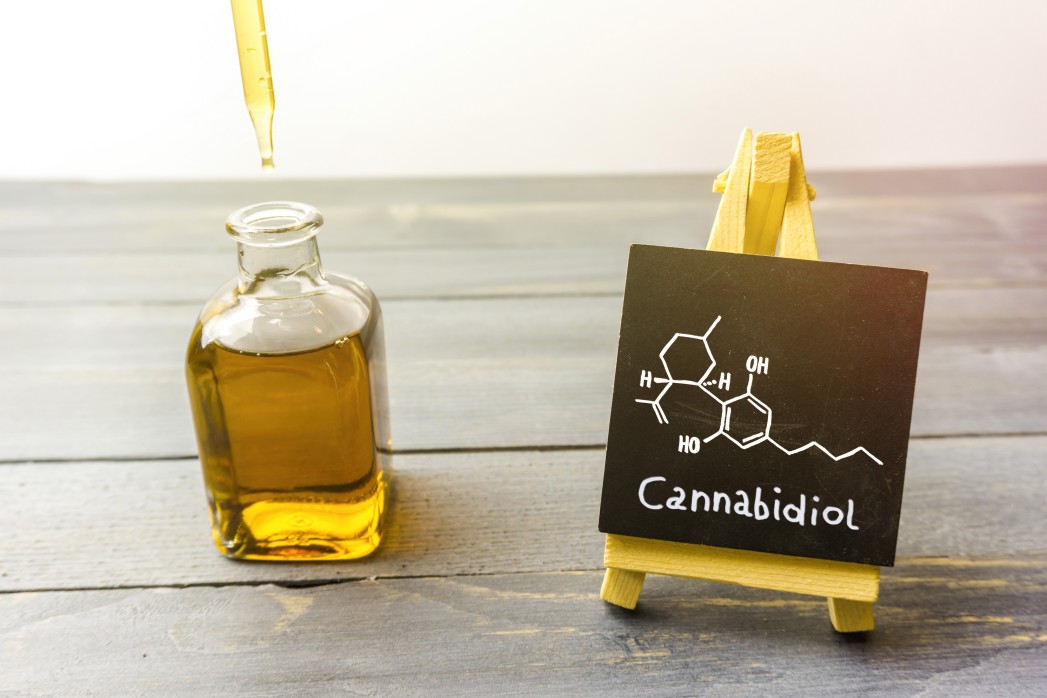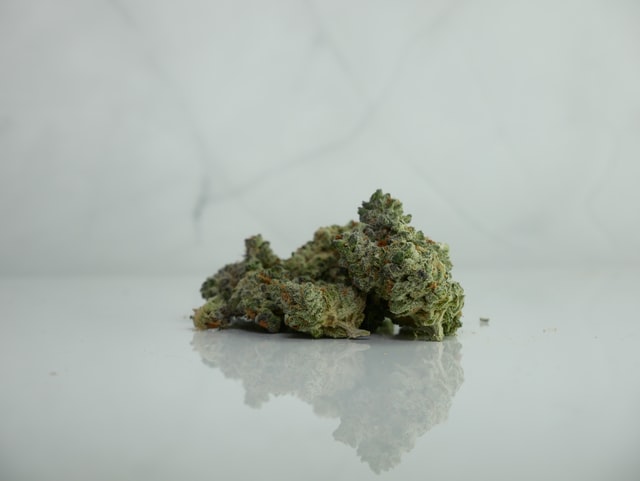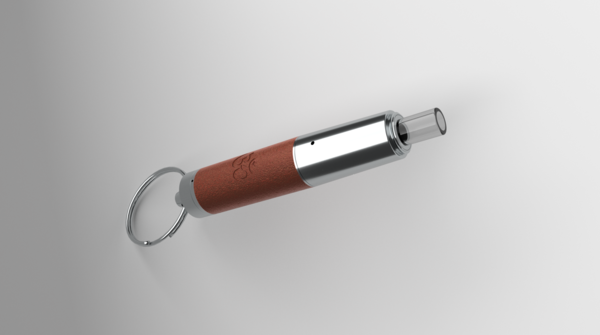Does CBD help with anxiety and how
A cannabinoid present in the Cannabis sativa plant known as CBD is called cannabidiol (CBD). Anxiety and other illnesses may benefit from the non-psychoactive chemical. One in three American people suffers from an anxiety problem, according to the National Institutes of Health. Does CBD help with anxiety?
Some states still prohibit the use of hemp-derived CBD products containing less than 0.3 percent THC. On the other hand, CBD products produced from marijuana are prohibited under federal law but permitted under state law in certain jurisdictions. When traveling, be aware of local laws and regulations. Additionally, bear in mind that the FDA has not cleared non-prescription CBD products, which may be incorrectly labeled.
Learn more about CBD and anxiety by reading on.
What is CBD?
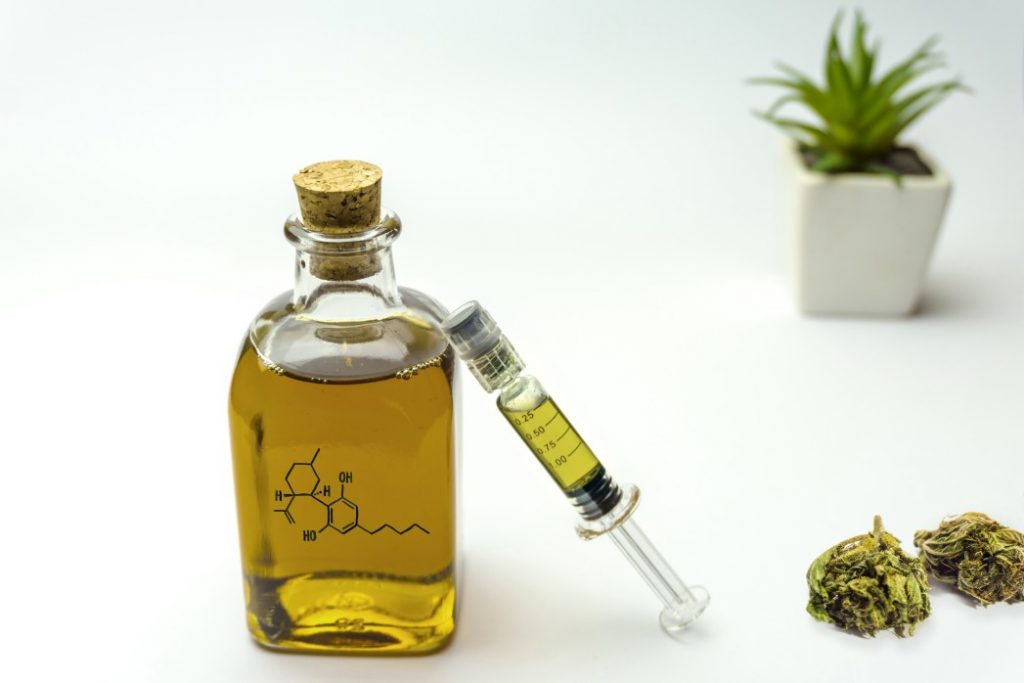
Anxiety disorders may benefit from the use of cannabidiol (CBD).
An important cannabinoid from the Cannabis plant, CBD, has been studied extensively. Tetrahydrocannabinol (THC) is another well-known cannabinoid (THC). The Cannabis sativa plant includes more than 540 chemical components in addition to CBD and THC. Trustworthy.
There are specific receptors in the brain where cannabinoids like CBD and THC connect. It’s THC that causes the euphoria that many people associate with marijuana use. In contrast, CBD does not cause this reaction. Instead, it provides a wide range of health advantages.
CBD seems to have potent pharmacological effects, according to recent studies.
CBD has been shown to have anti-inflammatory qualities by several scientists and academics. It works by preventing the body from producing enzymes that cause inflammation.
Dravet Syndrome is a drug-resistant seizure illness, and a 2020 comprehensive review in CNS Drugs reported that CBD therapy decreased seizures in persons with the disorder. A rising number of scientists are investigating the many medicinal benefits of cannabis and CBD in the United States as a result of the increasing legalization of medical marijuana.
There is a lot of debate in the medical community about whether CBD may help reduce anxiety issues. Anxiety disorders are among the most frequent mental health diseases, according to a paper published in Dialogues of Clinical Neuroscience. Women are more likely than males to suffer from an anxiety condition, according to a report from the National Institute of Mental Health (NIMH).
What the research says
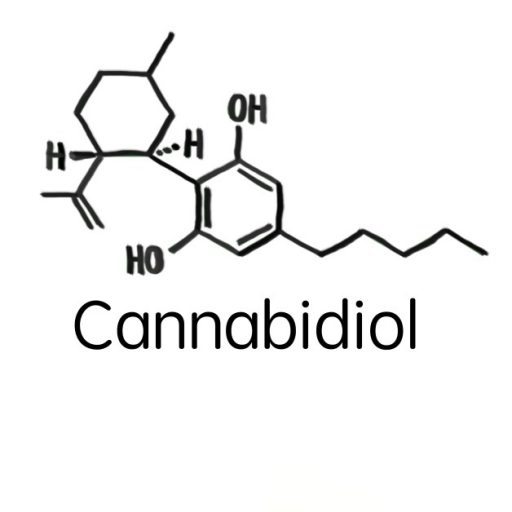
According to a 2015 review, CBD interacts with the CB1R and 5-HT1A receptors in the brain, which mediate fear and anxiety-induced behaviors. According to the study’s authors, CBD has both preclinical and clinical evidence that it may be used to treat a wide range of anxiety disorders.
- a generalized issue with anxiety (GAD)
- PTSD, or post-traumatic stress disorder (PTSD)
- a state of fear and anxiety (PD)
- conduct characterized by excessive preoccupation and ritual repetition (OCD)
- Concern about social interactions (SAD)
Pain relief, decrease in anxiety and depression symptoms
One of the most recent studies to examine the effects of CBD on humans was conducted in 2020 and included 397 participants from New Zealand. Non-cancer pain treatment options, cancer symptom treatment options, neurological treatment options, and mental health treatment options were all made accessible to study participants.
Each group’s quality of life improved after completing three weeks of CBD treatment. People who have received CBD treatment have reported improvements in everyday function, pain relief, and a decrease in anxiety and depression symptoms.
As many as two-thirds of participants who participated in the study expressed satisfaction with their CBD medication. Only 9.9 percent of the trial participants reported experiencing sedation and severe dreams as a side effect. However, just 0.8 percent of people who participated in the study reported that their symptoms worsened.
72 persons with anxiety or sleep disorders were studied retrospectively for the effects of CBD treatment. Most participants received 25 mg/d of CBD in the form of CBD capsules. Only a few persons received daily doses of 50 or 75 mg. 175 mg/day was prescribed to schizophrenics with a history of trauma. After the first two months of CBD use, 78 to 92 percent of people reported improved anxiety. Fewer than 15% to 19.5 % experienced an improvement in symptoms after using CBD.
Generalized anxiety disorder, social anxiety disorder, and post-traumatic stress disorder may benefit from the usage of CBD
According to an article published in 2020, eight studies on CBD’s ability to cure anxiety disorders were summarized. Anxieties such generalized anxiety disorder, social anxiety disorder, and post-traumatic stress disorder may benefit from the usage of CBD as a monotherapy or an additional therapy.
From six milligrams to 400 milligrams of CBD were employed in this study’s experiments. Studies on large populations are required to establish a standard dosage and therapeutic usage guidelines for CBD therapy, as shown by the wide range of CBD products on the market.
How to use

Researchers and healthcare practitioners have yet to create a conventional dose prescription for CBD treatment, as previously noted.
In a study conducted in 2019, researchers discovered that giving 57 adult men 300–600 mg of CBD daily lowered their anxiety symptoms considerably. The CBD product and the way it is administered determine the dose a person requires to ease anxiety.
CBD may be taken in a variety of ways, including:
- oil
- sublingual spray
- capsules
- edibles
- vaporized oil or cannabis flowers
The speed at which cannabinoids take action depends on the route of ingestion.
It takes anywhere from 30 minutes to two hours for the benefits of orally given CBD products like oils, sweets, or pills to kick in. More rapid effects may be obtained by inhaling or exhaling CBD oil or cannabis buds, as opposed to these methods.
CBD products may be used orally to alleviate stress throughout the day. Taking these supplements with breakfast first thing in the morning may be beneficial. In stressful situations, such as making a speech, CBD oil in the form of smoking or vaping may give rapid relief.
Here, you may learn more about the proper dose of CBD.
Risks and side effects
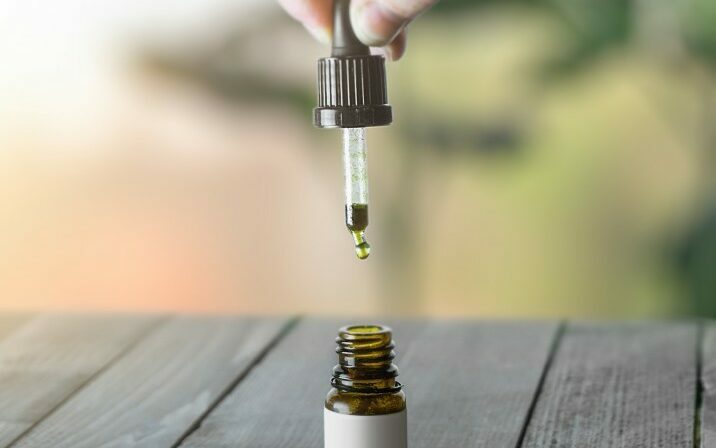
The authors of this 2019 review verified that even at 1,500 mg/day, individuals may handle CBD well. The long-term safety of CBD is unknown due to a lack of research. CBD has been linked to a number of adverse effects, including:
- drowsiness
- decreased appetite
- diarrhea
- changes in weight
Anxiety and other mental health issues are not approved by the Food and Drug Administration (FDA). When acquiring CBD products, people should use their best judgment. Do your research and only purchase goods from reliable suppliers.
Summary
Growing evidence shows that cannabidiol (CBD) may be useful in the treatment of anxiety, the most prevalent mental health issue in people today. FDA does not regulate CBD for the treatment of anxiety, despite this. As a result, product and manufacturer differences in quality and dose are common. Before using CBD, those who are presently taking prescription medicine or supplements should visit their doctor.
